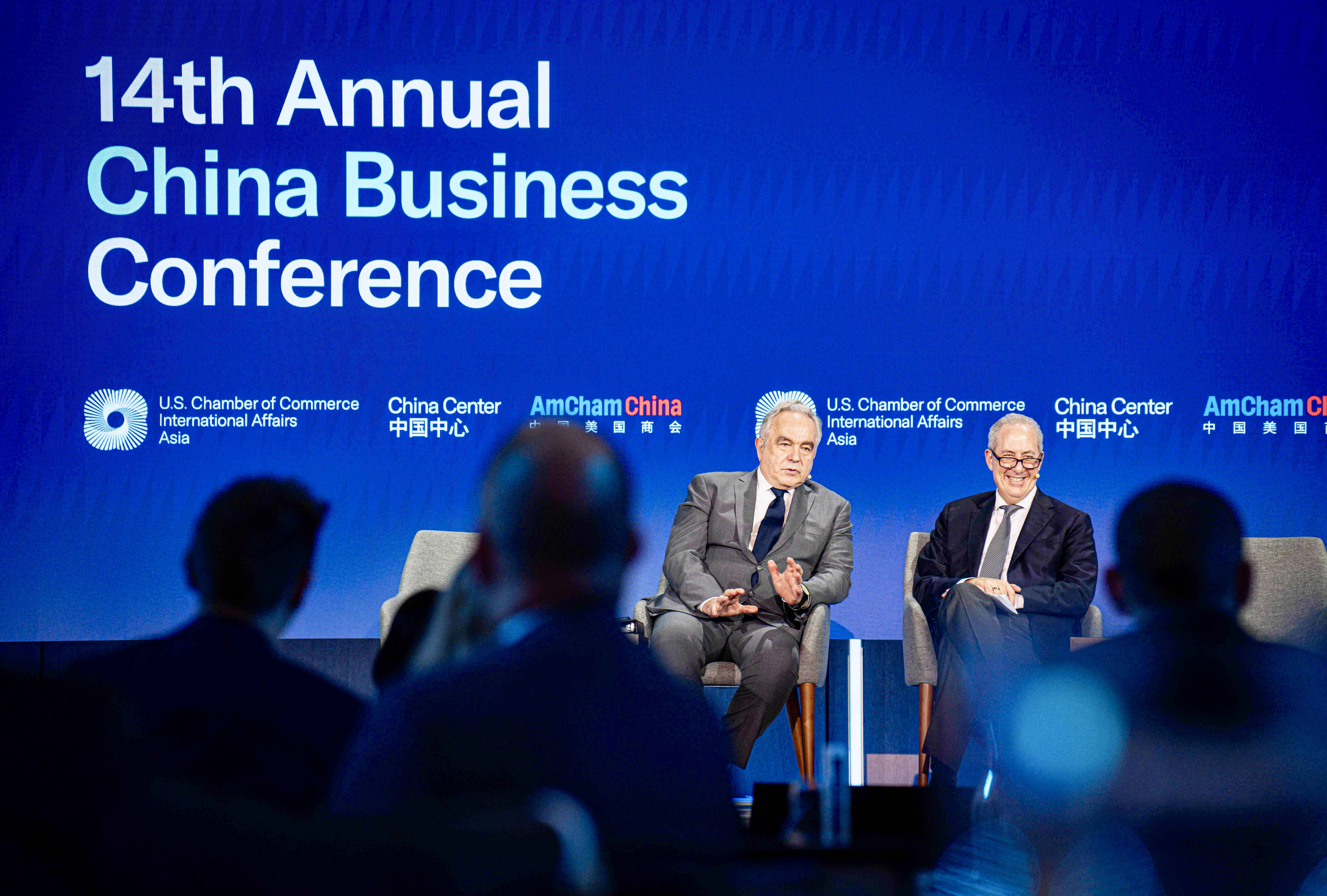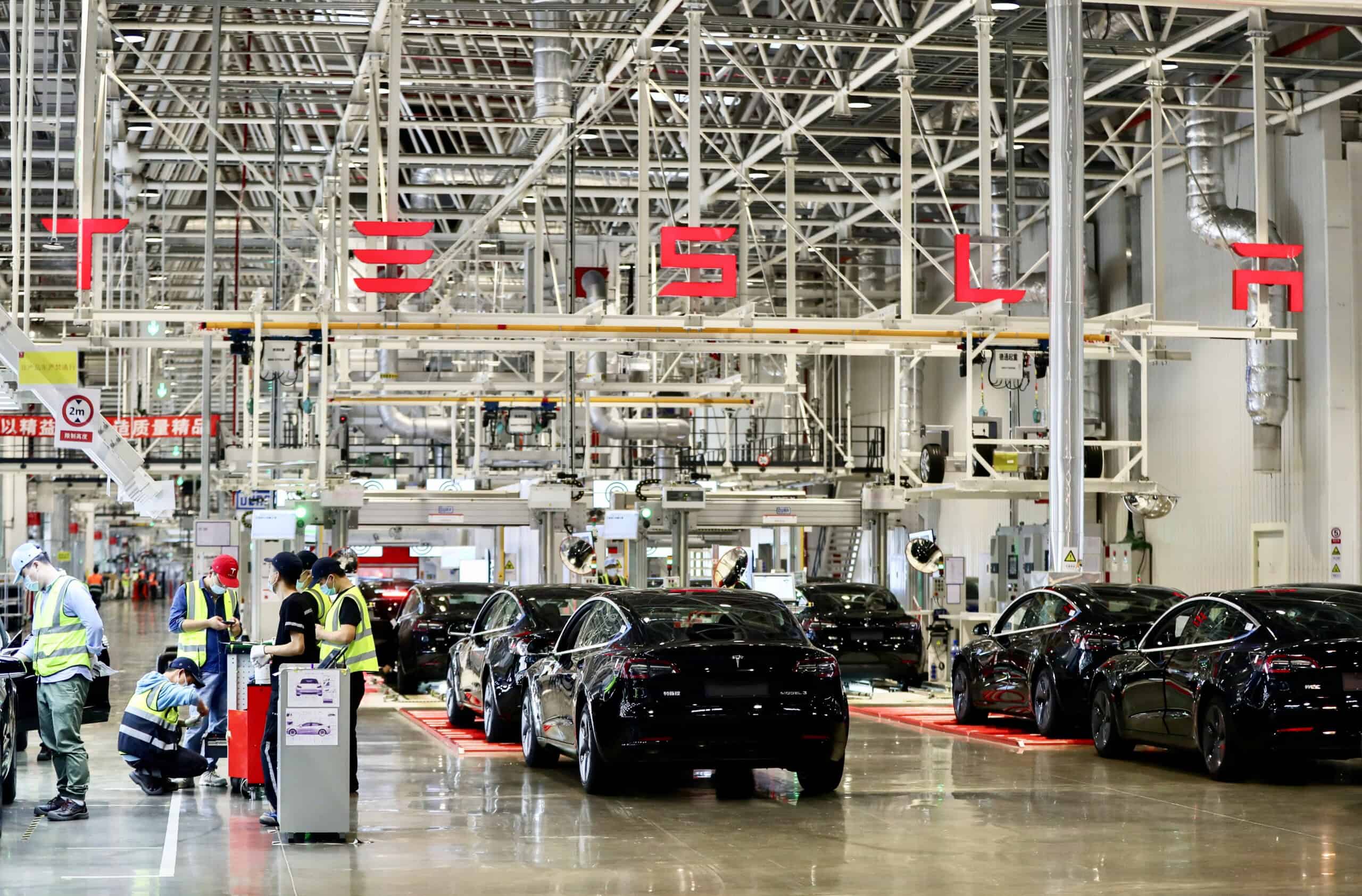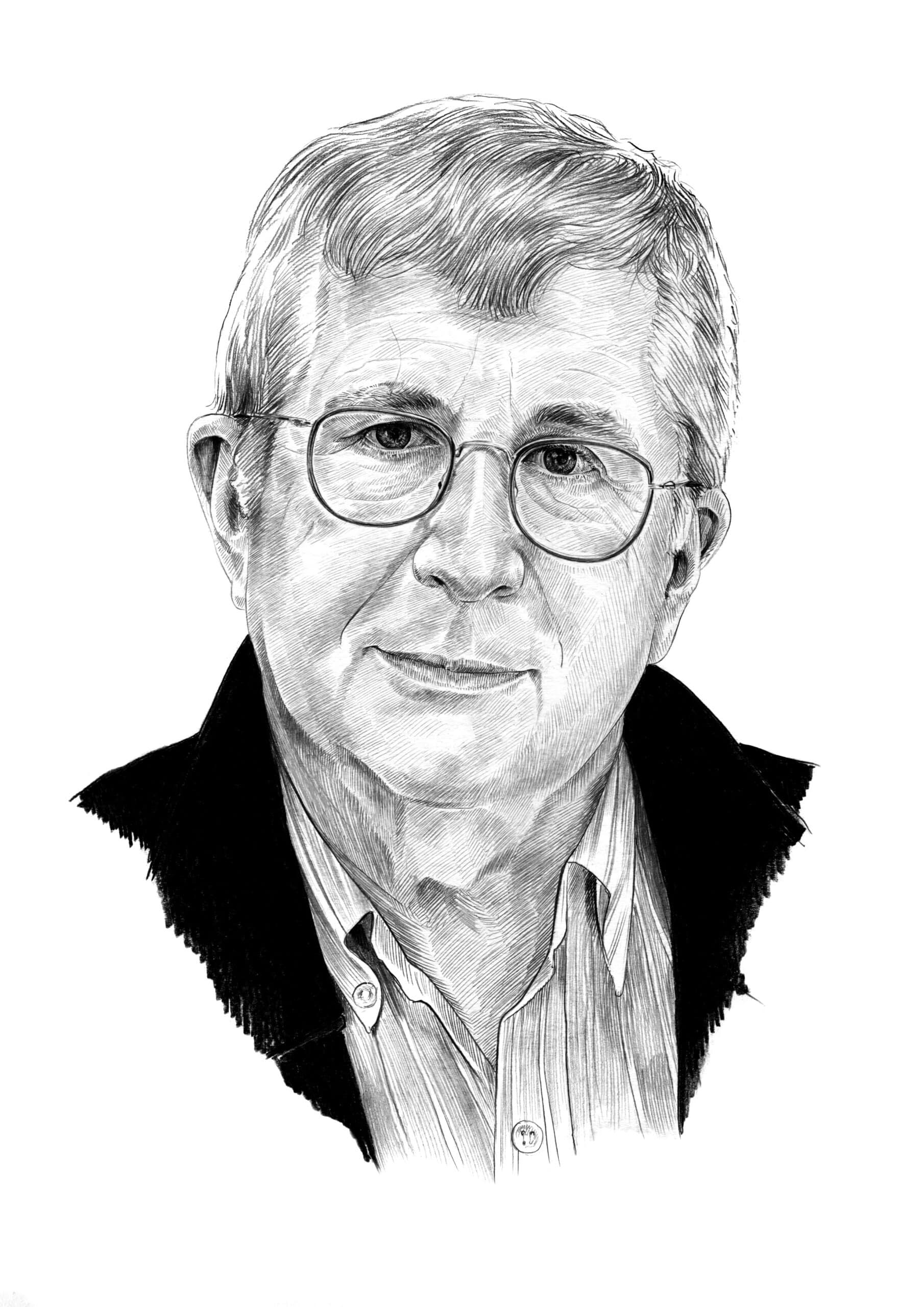
Avoid using words like “cooperation.” Echo counterparts’ concerns in the “prevailing language of threat.” And definitely don’t bring up “engagement” if you want to maintain your credibility — especially around members of Congress.

These are the rules of the road when it comes to talking about China these days, according to a new paper by researchers from Princeton and Harvard, who interviewed dozens of specialists based in Washington starting in 2023 about what it’s like to debate China policy at a time of deepening hostility between the two countries.
U.S. lawmakers often tout a new ‘Washington consensus’ when it comes to China. But among the foreign policy establishment who study and advise on China policy, that consensus may be illusory — and even artificial. The researchers found a wide divergence of personal views among specialists on key China questions. But under pressure to get tough on America’s foremost ‘strategic rival’, roughly one fifth say they felt social pressure to express certain views, often in order to advance their careers.
The survey, which granted respondents anonymity in exchange for their candor, offers a look at the private sentiments of many experts who make a living speaking to the media and advising people in government about China policy. It also sheds light on the strategies experts are using to tweak their message in order to maintain influence in Washington, in an environment where dovish voices are increasingly dismissed as naive, or worse, compromised.

The discrepancy between foreign policy experts’ public and private views is more than a Beltway issue. For some, the quieting of moderate views creates the risk of reinforcing a form of groupthink on China that leads the U.S. into ever more hawkish policy positions. That, of course, could be welcomed by those who believe the ‘Washington consensus’ — illusory or not — now represents a more realistic approach towards China, stressing confrontation over engagement, than was prevalent earlier this century.
“I think the [public policy relevance] of this paper is to ask the question: how healthy is the foreign policy debate in Washington? Is it a debate where people can share their views and where those views then feed into the making of foreign policy in a smart, sensible way?” said Scott Kennedy, a Chinese economy expert at the Center for Strategic and International Studies, at a CSIS event last month discussing the new research. “As we transition to the Trump administration this is not an issue that is going to go away.”
…everyone is speaking this more confrontational language, which in turn might mean people are perceived to have more confrontational views than they actually do
Michael Cerny, a doctoral student at Harvard who co-authored the study
President Trump’s first term in office heralded a major shift in America’s approach towards China, with key players in the White House moving at a faster pace than Washington’s foreign policy establishment in a hawkish direction. Since then, lawmakers with both parties and foreign policy professionals have adopted more confrontational positions on China. Still, on key questions related to China policy, Trump’s picks for his second administration lean more hawkish than the average China hand.

For example, Mike Waltz, Trump’s pick for National Security Advisor, has described the U.S. as being in a new Cold War with China, a position that 94 percent of China experts polled by the researchers disagree that the U.S. should adopt. A similar sized majority, meanwhile, agreed that Washington and Beijing should “cooperate” on “shared issues of concern.”
But on numerous other issues, Washington’s foreign policy experts disagree much more sharply, and in ways that don’t easily split by partisan affiliation or a simple “hawk” versus “dove” spectrum. Experts are most divided on questions such as whether China represents a ‘whole-of-society threat’ to the U.S., and whether the security of the U.S. would be in jeopardy if Washington doesn’t take rapid action to ‘contain’ China.

The research also suggests that whatever their private beliefs, experts may be adjusting their publicly expressed views to align more with the general drift of U.S. policy under both Trump and his successor Joe Biden.

While half of the survey respondents were given full anonymity, researchers asked the other half to reveal their identities, to test whether that would lead them to express more hawkish views. They found that those with their identity unmasked and who have experienced pressure were more likely to describe China’s military modernization as a serious threat, more likely to agree that China needs to be rapidly contained, and more likely to say that the U.S. military should defend Taiwan in the event of a Chinese invasion.
That is a clue that, when forced to put their name to their opinion, some experts perceive the need to “hawkflate” their opinions, the paper’s authors suggest. In interviews, about a fifth of respondents admitted to feeling similar pressure to do so in their professional lives. Some of the ways to do so include excising “dirty words” from their vocabularies such as ‘engagement’.
The spreading of the groupthink is not just about DC. It’s about [DC’s] alignment with other constituencies like the tech sector, partnering up with companies like Palantir and Anduril.
Paul Triolo, senior vice president for China at a partner at Albright Stonebridge Group
“The most common outcome is that people change their rhetoric,” says Michael Cerny, a doctoral student at Harvard who co-authored the study. “But it means that everyone is speaking this more confrontational language, which in turn might mean people are perceived to have more confrontational views than they actually do.”
The question is whether such trends have a real world impact. For some, the risk is that the perception of a hawkish China consensus in Washington ripples into the decisionmaking of companies on Wall Street or Silicon Valley.
“The spreading of the groupthink is not just about DC,” says Paul Triolo, senior vice president for China at a partner at Albright Stonebridge Group, a consultancy. “It’s about [DC’s] alignment with other constituencies like the tech sector, partnering up with companies like Palantir and Anduril. It’s one huge self-licking ice cream cone that in my view makes it hard to have a serious discussion about China’s policies and intentions.”
Triolo worries that a misreading of China’s intentions or an illusory consensus could end up driving flawed policies on everything from export controls to deterring Chinese aggression against Taiwan.
But others dispute whether there is a danger of groupthink on China. Eric Sayers, a nonresident fellow at the American Enterprise Institute, a conservative think tank, argues there is “a consensus of concern” about where China is headed and that it should be at the top of Washington’s priorities.
“However, there clearly isn’t a consensus over what to do about China in key policy areas,” he adds. “Look at the four year debate about outbound investment, the recent failure of the Biosecure Act, a Washington that wants to cut Huawei off on 5G but allow it to flourish in other sectors, the failure to sanction Hikvision, or President Trump’s recent comments on TikTok. There remains a spirited debate in the policy community and within government on how to balance these issues.”
One possible casualty of Washington’s hardening rhetorical stand against China: actual conversations with the Chinese.
“I’ve gotten some comments from Chinese colleagues who said that if we tried to do this [study] in China… we’d likely get the same finding but on steroids, [due to the] pressure to be tough on the U.S.,” said Rory Truex, an associate professor of politics at Princeton and the study’s other co-author at the CSIS discussion. “In this instance, they said that would be a very strong dynamic to the point where we couldn’t actually do the study, because people would be too careful and afraid to actually voice this view.”

Eliot Chen is a Toronto-based staff writer at The Wire. Previously, he was a researcher at the Center for Strategic and International Studies’ Human Rights Initiative and MacroPolo. @eliotcxchen




